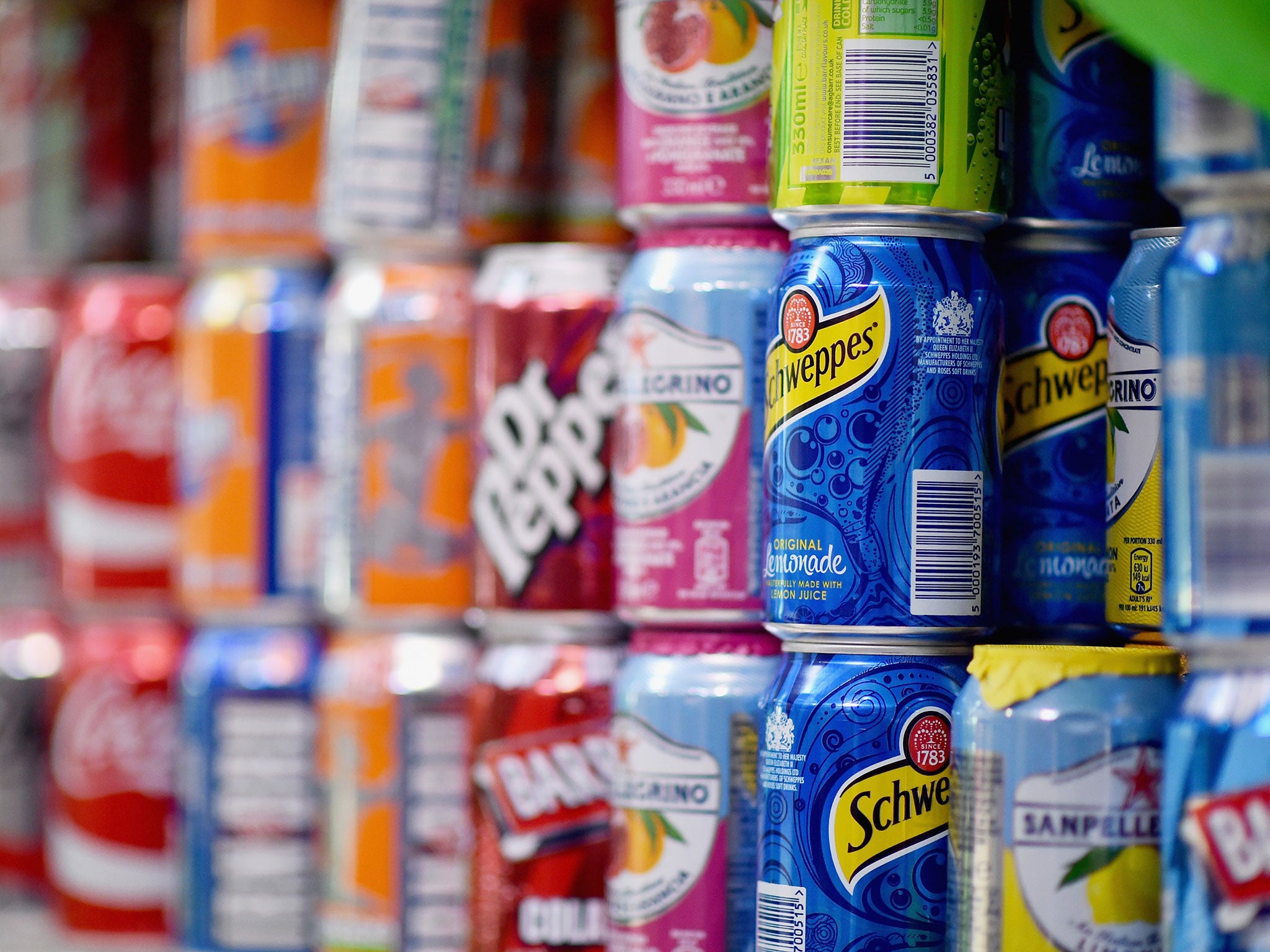Increasing soft drink prices could cause surge in alcohol sales, say experts
Price hikes in most sugary drinks associated with an increase in the amount of beer bought by some consumer groups

A tax on sugary drinks introduced by the Government last year could increase alcohol consumption in some groups, a survey suggests.
The levy on sugary drinks may have unintended consequences on the nation’s shopping habits, researchers found.
Experts examined whether price hikes to soft drinks could lead to higher rates of purchases for other drinks – such as alcohol.
Researchers, led by academics from the London School of Hygiene and Tropical Medicine, used a statistical model to predict the outcomes of increases in the cost of sugar sweetened drinks.
The model used data from the expenditure of 32,000 British households in 2012/13 – including food and drink purchases.
Their analysis examined six million drinks purchases including milk, juice, high-sugar drinks and alcohol.
They found that people from poorer homes were more likely to buy high-sugar drinks and spirits while richer homes were more likely to buy juices and wine.
According to the model, an increase in the price of high-sugar drinks could lead to an increase in the purchase of lager, diet drinks and juice.
These could “act as substitutes”, the researchers said.
Increases in the cost of diet or low-sugar drinks could lead to hikes in the sales of beer, cider and wines, they found.
But an increase in the price of medium-sugar drinks could actually reduce sales of alcoholic drinks, according to the study, published in the Journal of Epidemiology and Community Health.
The authors said the reasons behind the findings warrant further study, but added: “Increasing the price of sugar-sweetened beverages has the potential to both decrease and increase the purchase of alcohol, suggesting more nuanced price options across a range of beverages may be more effective than a single tax on high-sugar beverages.”
Commenting on the study, Naveed Sattar, professor of metabolic medicine at the University of Glasgow, said: “This paper on soft drinks taxes makes many assumptions and whilst it is correct to say costing of other drinks may change, it cannot predict what will happen in reality.
“Doing nothing is not an option. One has to make a change and then examine consequences, whether good or bad, and learn from this – this is the basis of science and research and continuous improvements in health.”
Additional reporting by PA
Join our commenting forum
Join thought-provoking conversations, follow other Independent readers and see their replies
Comments
Bookmark popover
Removed from bookmarks